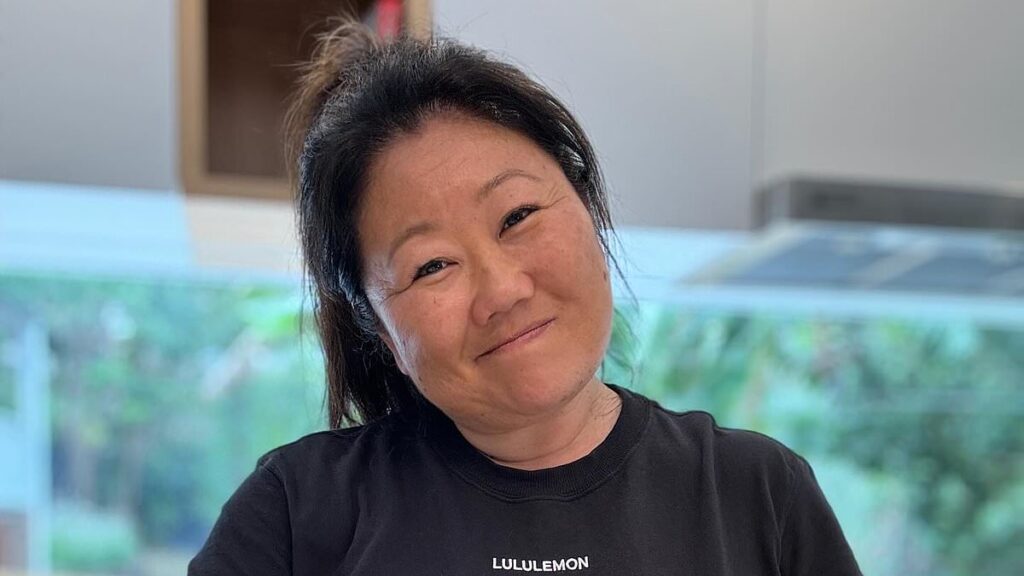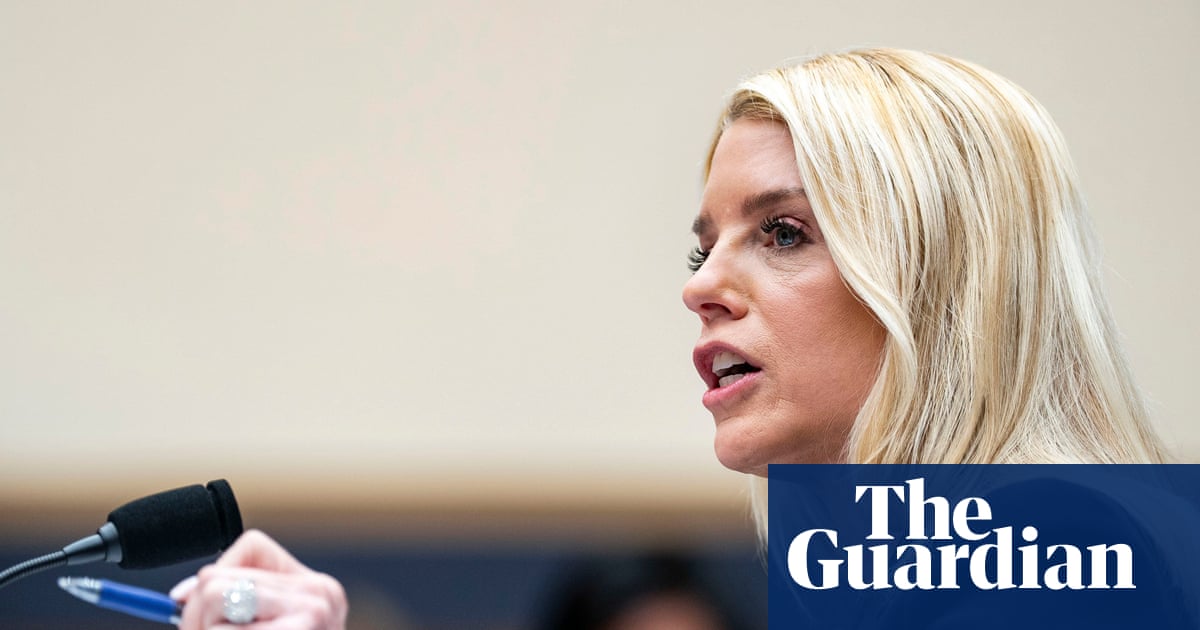
Nagi Maehashi, the founder of the popular food blog RecipeTin Eats, has publicly criticized Australian PR agencies for offering minimal compensation in exchange for sponsored social media posts. Maehashi, who commands a substantial following of 1.7 million on Instagram, took to her Stories on Tuesday to express her frustration with the offers she receives, which often consist of a few free items like chocolates or pasta instead of monetary payment.
“Dear PR agencies of Australia… Please take my personal details off your database. How did you even get my private email address?” Maehashi began in her text post. She went on to highlight the demands of social media advertising, which often require creating video reels and Stories posts, arguing that these efforts are not justified by the exchange of free goods.
“No, I am not interested in creating 1-3 Instagram Stories (and) an IG Reel or carousel post to promote your clients’ restaurant or product in exchange for a FREE packet of Reese’s or a FREE bowl of pasta,” she stated.
Maehashi concluded her message with a pointed remark about outdated marketing strategies: “It’s 2025. Spray-and-pray-copy-paste email blast outs aren’t a strategy anymore.”
Background and Recent Controversies
The announcement comes as Maehashi finds herself embroiled in a high-profile controversy. In April, she accused Brooke Bellamy, the founder of Brooki Bakehouse, of plagiarizing her caramel slice and baklava recipes for Bellamy’s best-selling cookbook, “Bake With Brooki.” The allegations led to weeks of online scrutiny, prompting Bellamy to issue multiple statements defending her work.
In a video addressed to her followers, Bellamy admitted that while her recipes were not entirely original, they remained personal. “While all of these recipes are personal to me, I cannot say that I have invented the cookies, cupcakes, brownies, or cakes in the recipe book. They are all inspired from somewhere and someone before me,” she explained.
Brooke Bellamy’s Defense
Bellamy further elaborated on her inspirations, noting that her biggest influence has always been her mother. “I have been so inspired by bakeries and bakers the world over, but the biggest inspiration in my life is my mum, because I learnt to cook and bake with her in the kitchen growing up,” she shared.
She also rejected the notion that her work was stolen, pointing out the inherent similarities in many recipes. “While baking has leeway for creativity, much of it is a precise science and is necessarily formulaic. Many recipes are bound to share common steps and measures: if they don’t, they simply don’t work,” Bellamy argued.
Industry Reactions and Implications
The controversy drew further attention when American baker Sally McKenny claimed her vanilla cake recipe had been used without permission. Despite the accusations, Bellamy pushed back against what she described as a narrative “pitting women against each other,” stating, “I think there’s room for everyone, especially more women in business.”
Despite the uproar, Bellamy’s Fortitude Valley bakery in Brisbane continues to thrive, with queues often stretching down the street on weekends. Her online community has largely rallied in support, underscoring the complexity of intellectual property issues in the culinary world.
Meanwhile, Maehashi’s criticism of PR agencies highlights a broader conversation about the value of digital content creation. As social media continues to evolve, influencers and content creators are increasingly demanding fair compensation for their work. This development follows a growing trend of influencers advocating for transparency and equitable treatment in brand partnerships.
Looking Forward
The move represents a significant moment in the ongoing dialogue between content creators and marketing agencies. As Maehashi’s comments gain traction, they may encourage other influencers to voice similar concerns, potentially prompting PR firms to reevaluate their strategies and compensation models.
Ultimately, the situation underscores the shifting dynamics of digital marketing and the importance of recognizing the value of creative labor in an increasingly competitive and saturated market. As the industry continues to evolve, both creators and agencies will need to adapt to new expectations and standards.







